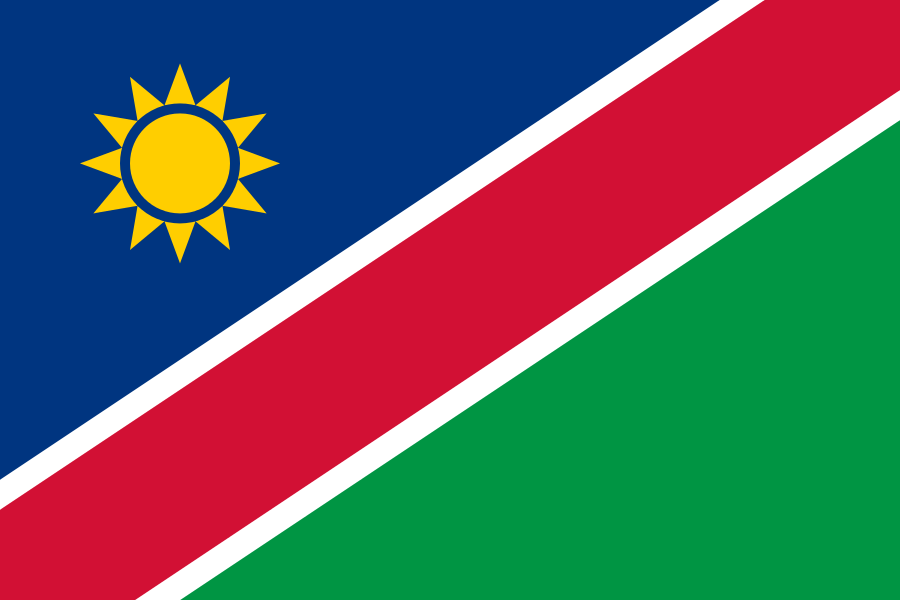This Day In History: March 21st
Namibia is located in Southern Africa and is home to a variety of ethnic groups, including the Damaras, San, Hereros and German settlers. After a century of colonization, Namibia gained independence on March 21, 1990.
The country’s geographic location limited exploration until the mid-nineteenth century. Initially, missionaries, ivory hunters, spectators and explorers voyaged into the interior. However, by the end of the nineteenth century, Namibia began to gain attention from European powers.
Part of the appeal was the country’s resources, resulting in the “Scramble for Africa.” It was rich in natural resources such as copper, diamonds, gold, lead and uranium. In 1886, the German and Portuguese nations negotiated to establish the border between Angola and German South West Africa.
Following the annexation, the territory experienced an uprising led by Herero and Namas. The efforts were suppressed and resulted in the loss of more than 50,000 people. By 1914 with the start of World War I, South Africa agreed to take part in an attack on German South West Africa and seized the region. By World War II, with the establishment of the United Nations, the South African Prime Minister urged for the incorporation of South West Africa into South Africa as a province, but the request was denied.
The mistreatment of the native people, coupled with South Africa’s government system, led to the creation of the South West African People’s Organization (SWAPO). The group was organized by Andimba Toivo ja Toivo. Toivo ja Toivo continued to take charge against the South African government and was even sent to Robben Island.
In 1988, the South African government agreed to relinquish control of the territory after a UN-brokered peace initiative. Namibia was granted its independence with Sam Nujoma as the first president. In the decade following independence, Namibia managed to achieve steps toward political and economic stability. In 2004, Germany offered a formal apology for the killing of thousands of Hereros people but turned down compensation for the descendants of victims.
Namibia’s 2019 election ended with a supreme court case. The Namibia Supreme Court upheld the 2019 election results and Hage Geingob was re-elected for another term as president.


